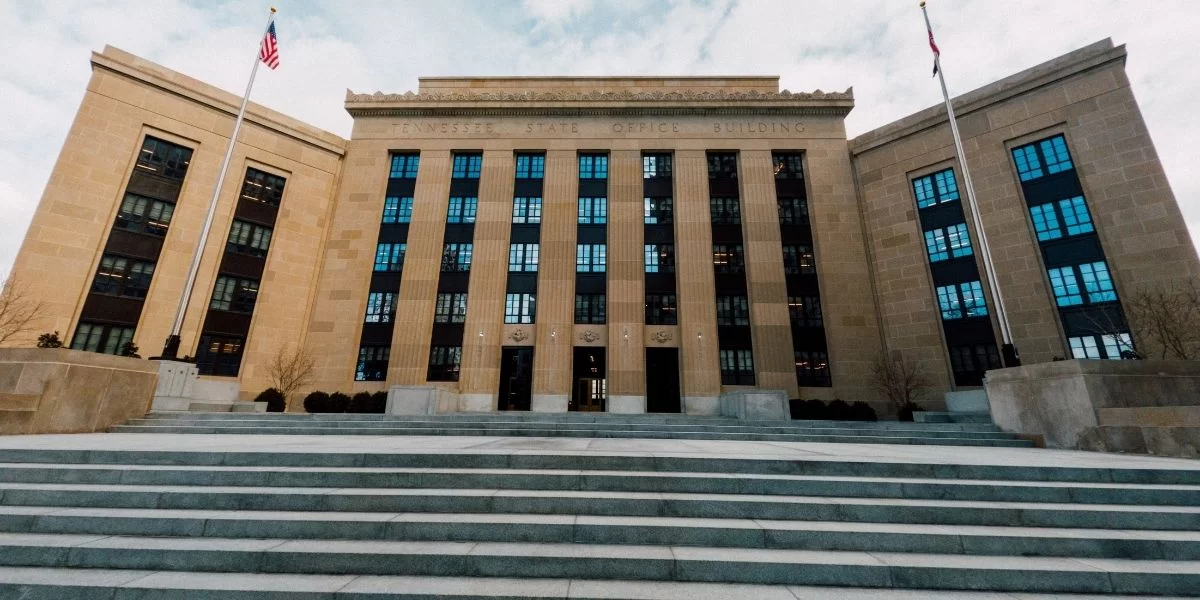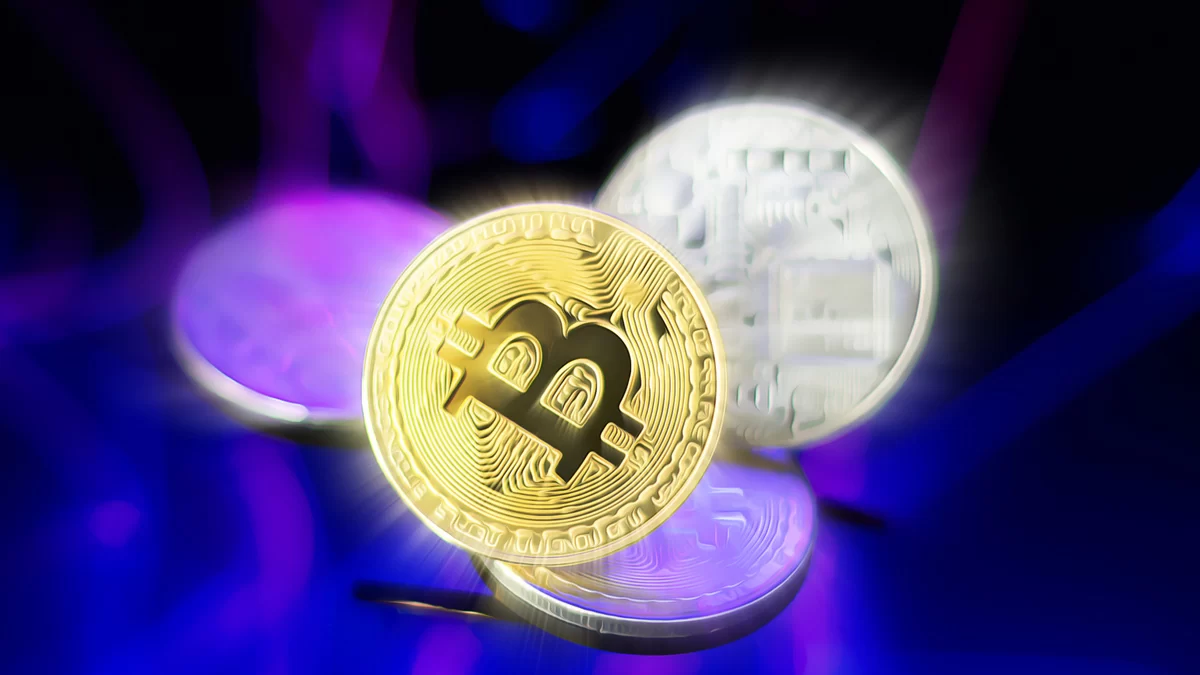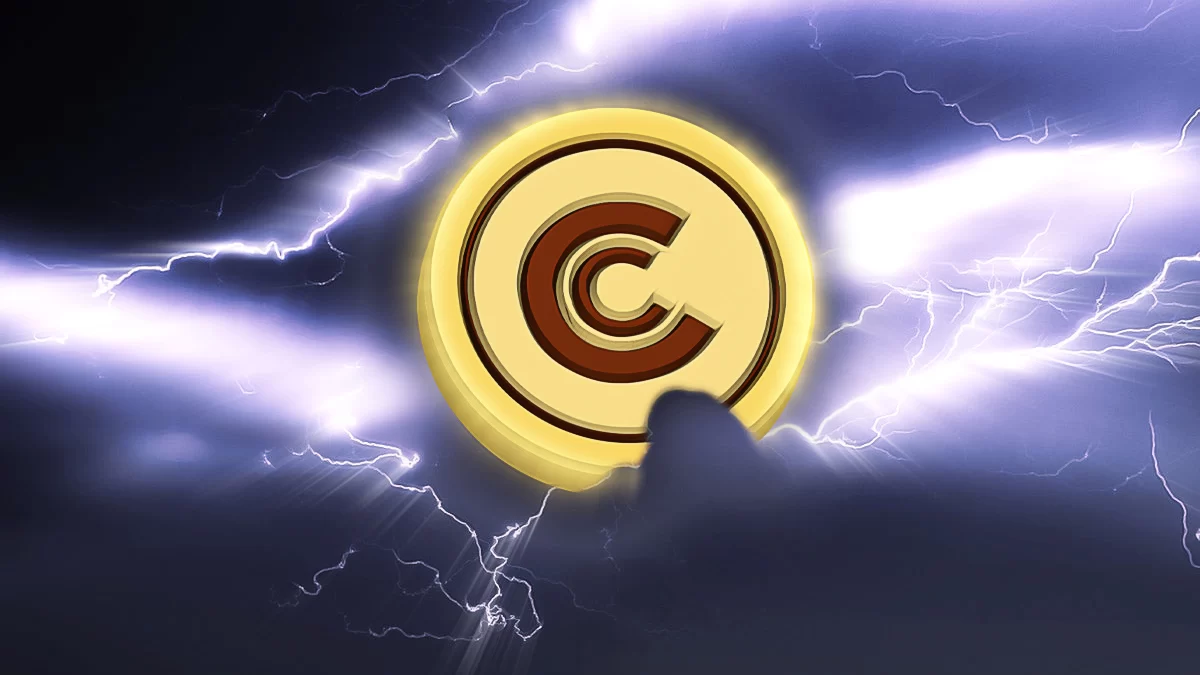In the field of economic theory, few concepts raise as much concern as the concept of a debt spiral. This scenario describes a nation entering a relentless cycle of borrowing to meet its expenditures, thereby increasing the financial burden on future generations with more debt and interest payments. Cryptocurrency luminary Samson Mow believes that adopting Bitcoin as solid money is a radical solution to this predicament.
Navigating the Transition to BTC: Challenges and Opportunities
Samson Mow argues that escaping the debt spiral requires a transition to a more robust currency, and according to him, Bitcoin is perfectly suited for this role. He contends that nation-states need to act swiftly to implement this transition, as delays will only deepen the quagmire of debt. Mow claims that the traditional economic playbook has reached its limits because GDP growth cannot keep up with spending and debt service obligations.

However, adopting Bitcoin as a sovereign currency brings its own set of challenges and opportunities. Bitcoin’s decentralized structure provides protection against inflation and central manipulation, while its volatility poses risks for widespread adoption. Moreover, the regulatory environment surrounding cryptocurrencies remains uncertain, complicating the transition process further.
To manage this transition effectively, policymakers need to strike a delicate balance between fostering innovation and mitigating risks. This requires developing robust regulatory frameworks that provide clarity and stability for market participants while encouraging technological advancement. Additionally, educating the public about the benefits and risks of Bitcoin is crucial for building trust and confidence in its use as a medium of exchange and store of value.
Drawing the Roadmap for Bitcoin: A Call to Action
Following the statements of Federal Reserve Chairman Powell, the viability of Mow’s recommendation can certainly be questioned. In light of these challenges, it is clear that a transition to Bitcoin as solid money requires a joint effort by both policymakers and the public.
Such a move requires embracing innovation, promoting regulatory clarity, and supporting financial literacy to ensure a smooth and sustainable transition. Although the road ahead is fraught with obstacles, the potential benefits of escaping the debt spiral far outweigh the risks.
Samson Mow’s advocacy of Bitcoin as a solution to the troubles of a debt-laden economy underscores the need for bold and decisive action. Nations can chart a new course towards economic resilience and prosperity by embracing principles of decentralization and financial sovereignty.
That’s why Samson Mow responds to Powell’s statements with “the time to act is now. The game is over, and the only way out of the debt spiral is to embrace what Bitcoin promises as solid money.”









